-
Ground Level Alliance is empowering and equipping civil construction professionals in Australia, New Zealand and the Pacific Islands to make sustainability a daily practice. We provide guidance, knowledge and skills. Part of our work is this digital hub – a well categorised one stop shop for reference material for sustainability in civil construction in the Pacific region.
-
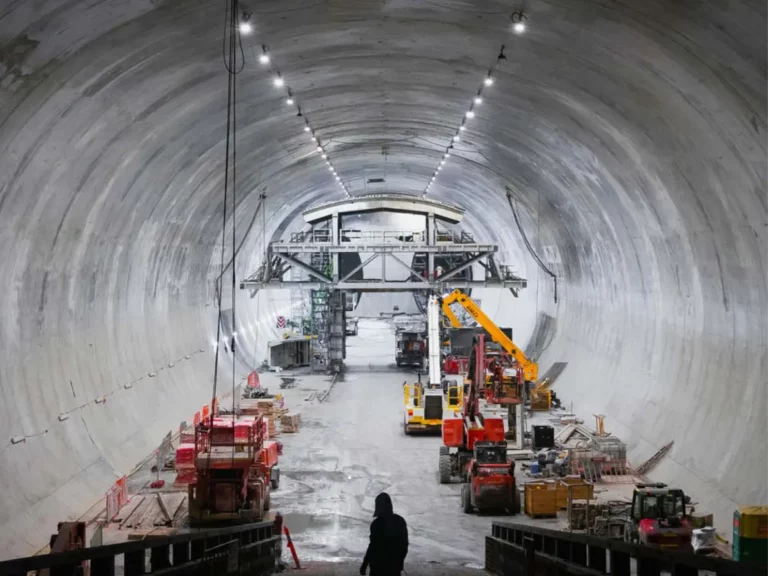
On the Road to Net-Zero
2025 National Decarbonisation Policy Platform
-

Sustainability Assessment Tool for Pavements (SAT4P)
-
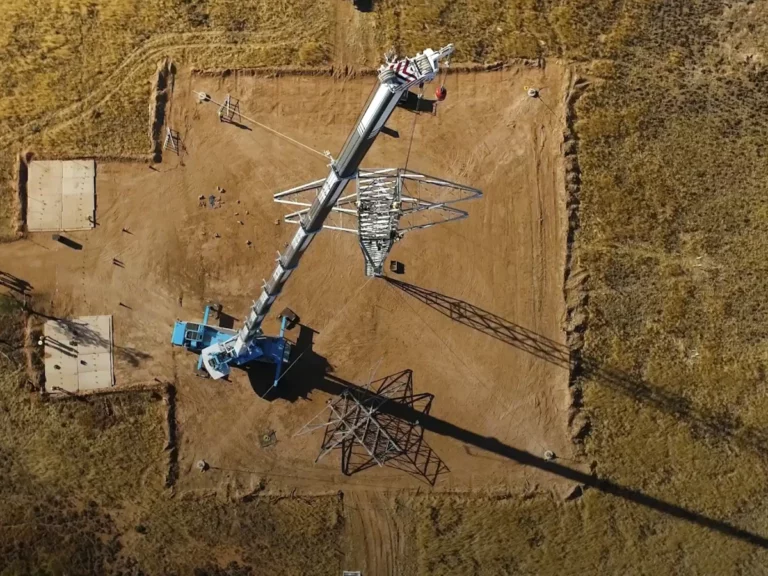
Guyed Transmission Towers
From Four Legs to One
-

Project 13 Delivery Model
From Transactions to Enterprises
-

Roads going full circle: low impact and smart solutions
-

Lightweight foundation overlying liquefiable soil
-
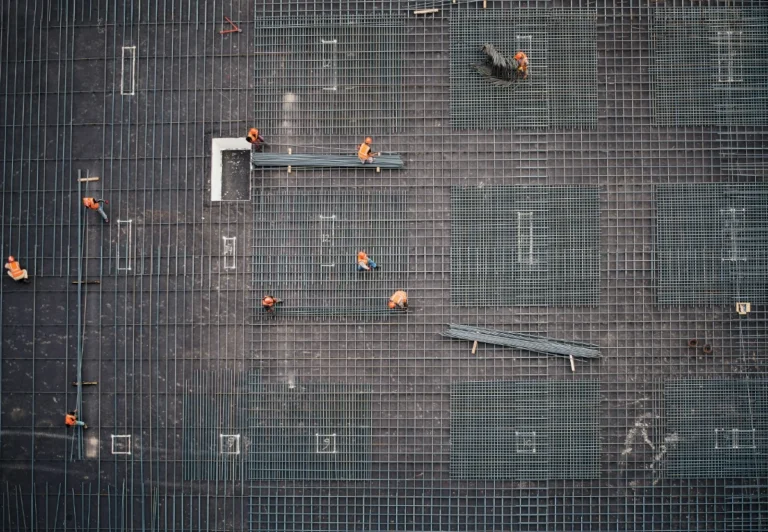
Geotechnical Input Improving Environmental Outcomes
-
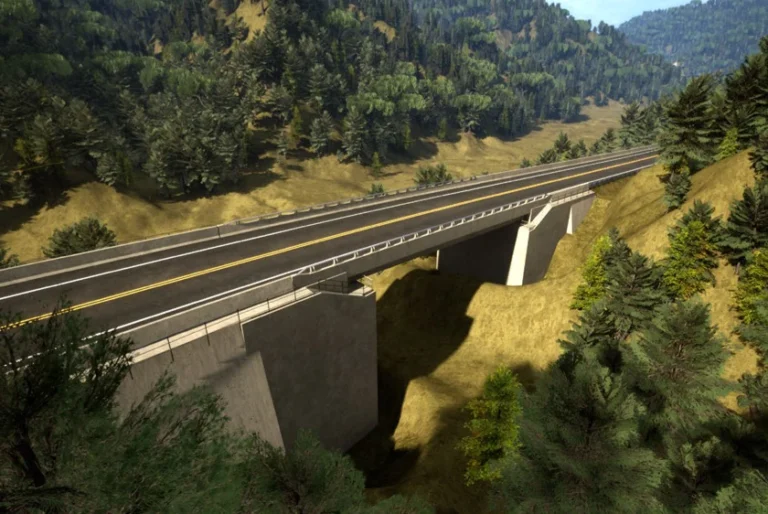
Te Ara o Te Ata: Mt Messenger Bypass
A Sustainability Case Study
-
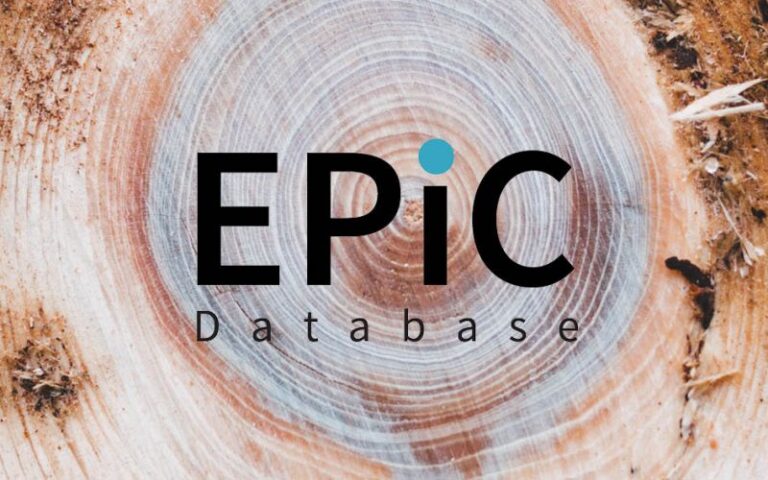
Environmental Performance in Construction (EPiC) Database and Resource Hub
-
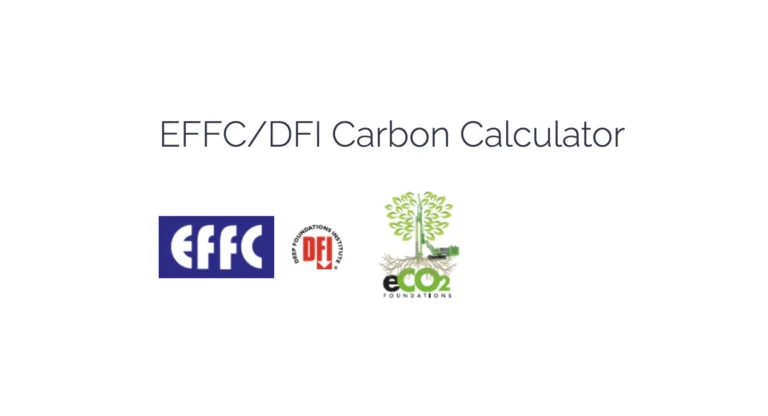
EFFC/DFI Carbon Calculator
-
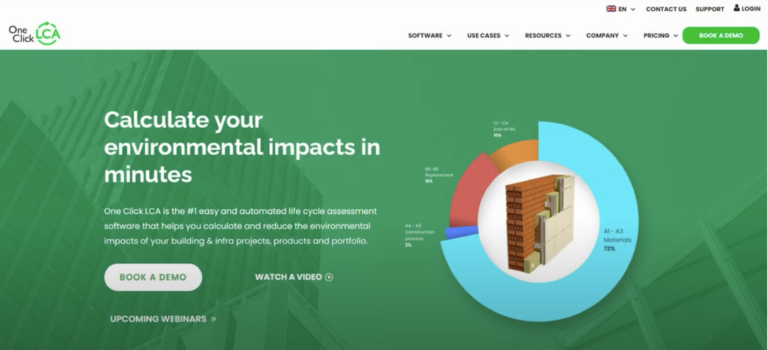
Sustainability Benefits Calculator
-

IS Ratings for infrastructure projects
-
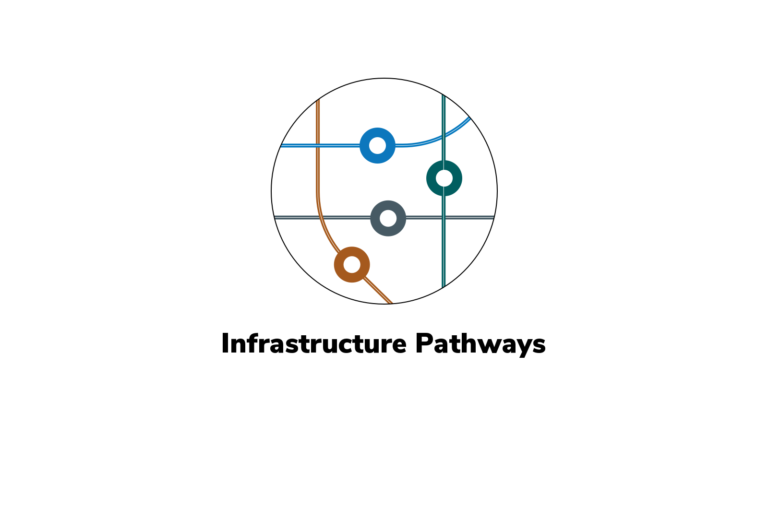
Climate Resilient Infrastructure – Infrastructure Pathways
-
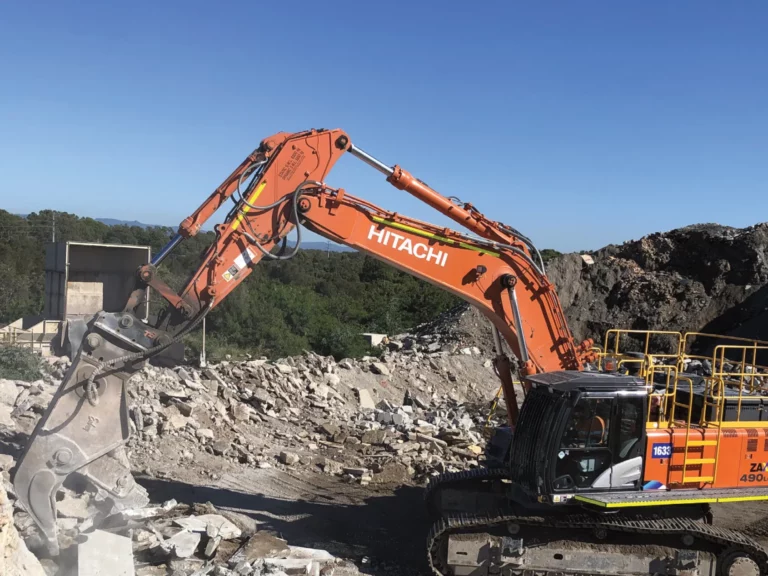
DTMR QLD Waste 2 Resource Annual Report 2023-24
-
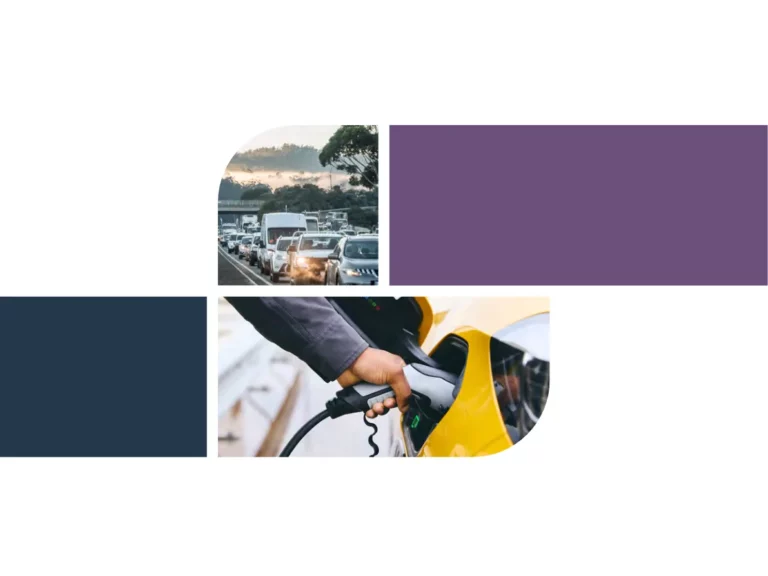
Transport Emissions Reduction and Resilience Plan 2024-2029
-
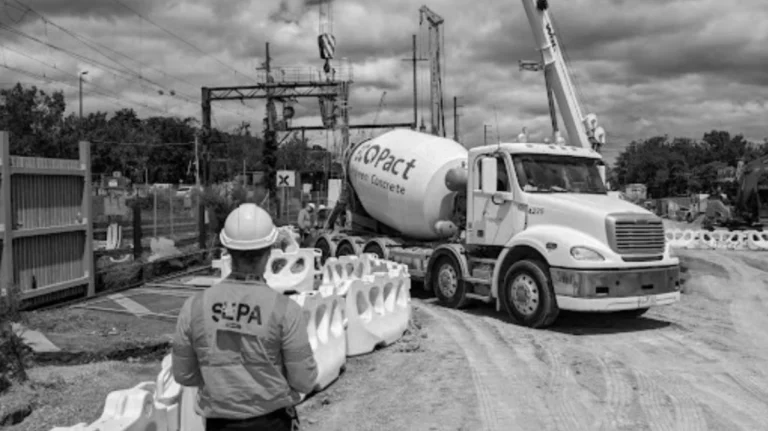
Taking rail construction to the next level
-
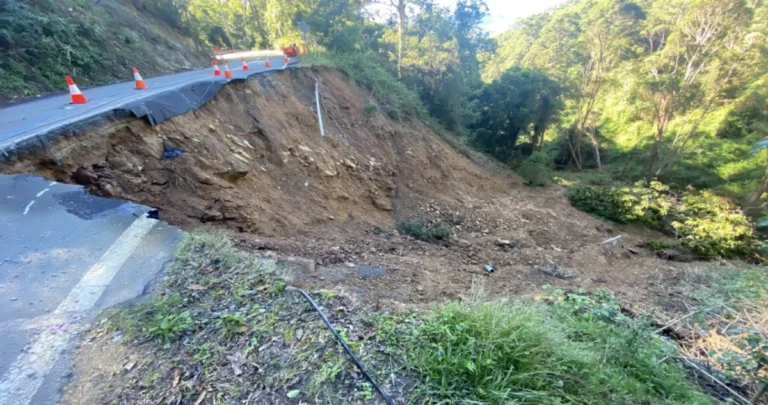
TMR 22AFI Slope Remediation (South Coast)
-
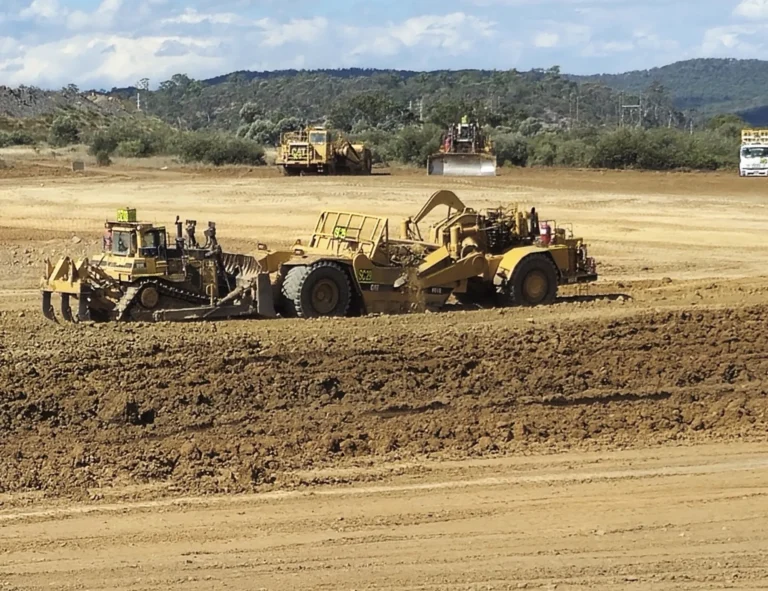
Enhancing Water-Controlling Structure Design: A Locally Sourced Approach
Mine Affected Water (MAW) Dam in QLD Coal Mine
-
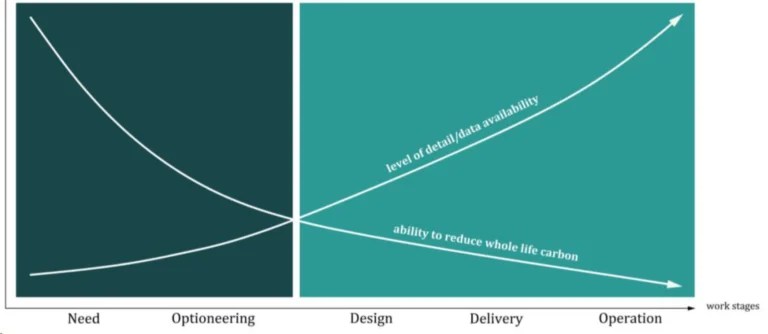
Preloading vs. ‘Heavy Engineering’ Solutions for Road Embankment Foundation
-
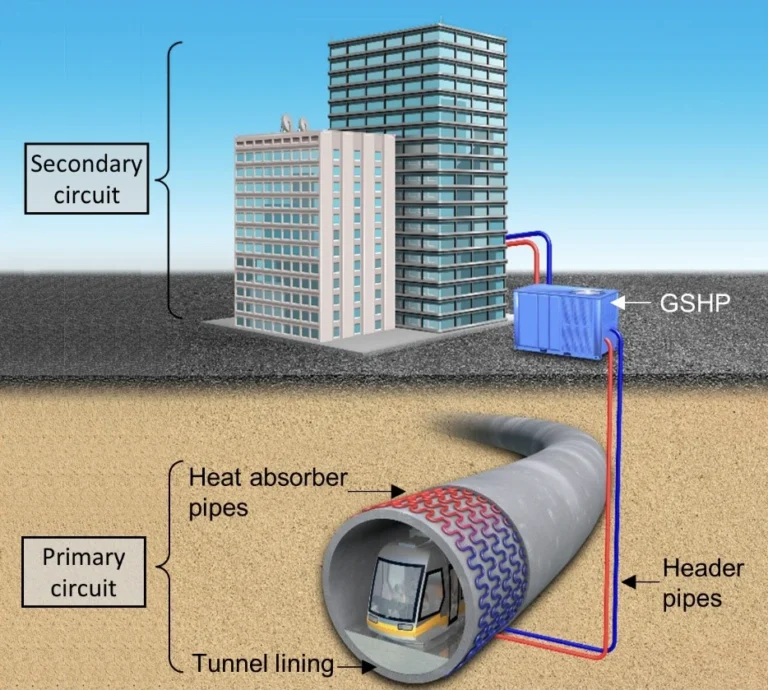
Converting Australian underground structures into energy extraction systems
-
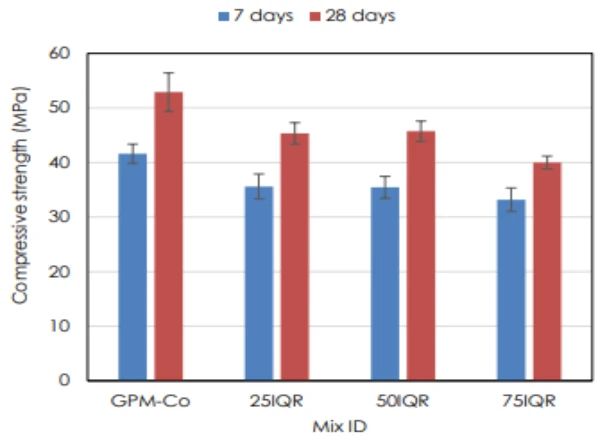
One-Part Mix Geopolymer Concrete with Waste Glass Aggregates
-
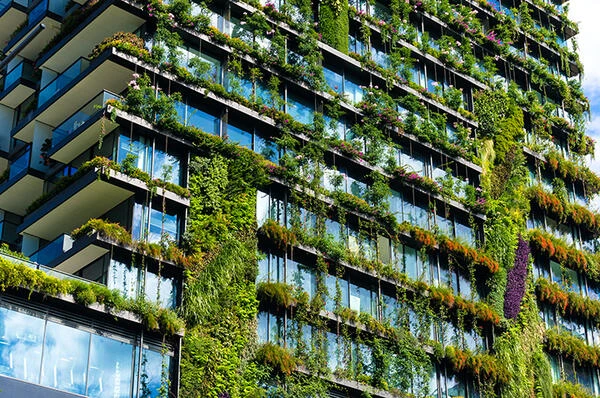
Government Policy Decarbonisation for the Pacific Region – Targets and Plans
-
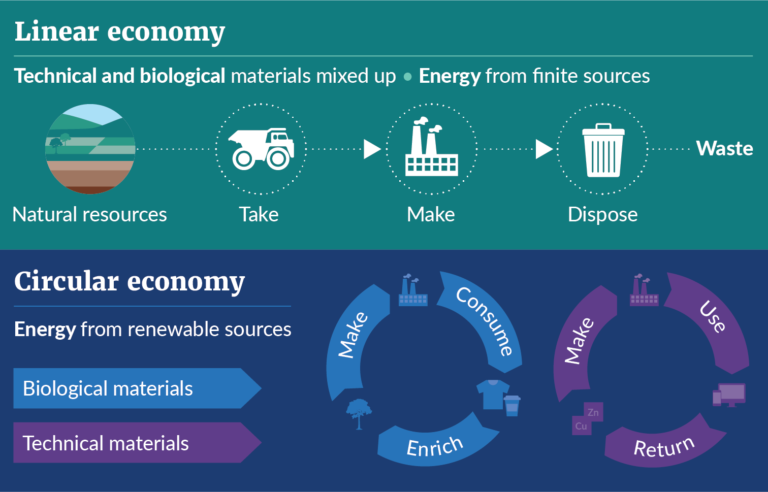
Government Policy Circular Economy for the Pacific Region
-

Crystal Clear Solutions
Enhancing Expansive Soil with Glass Powder for Sustainable Construction
-
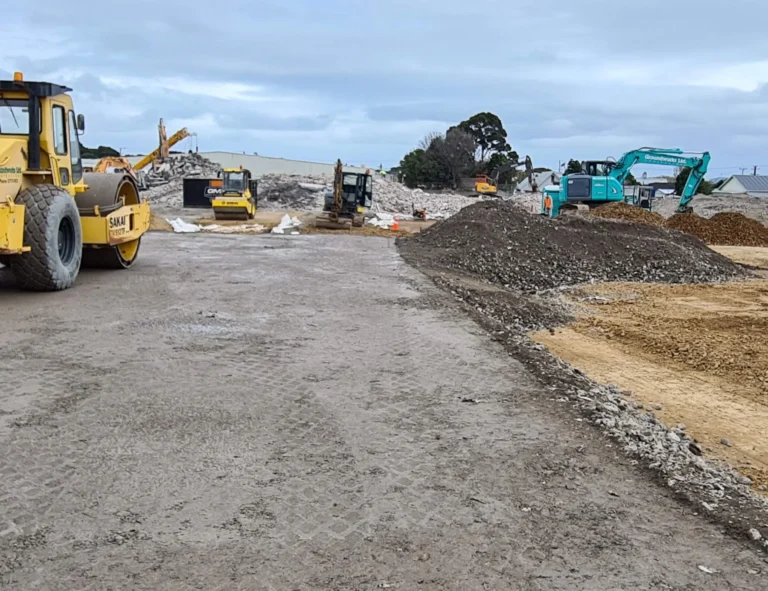
From Ruins to Residences
A Sustainable Approach to Construction Using Recycled Crushed Concrete
-
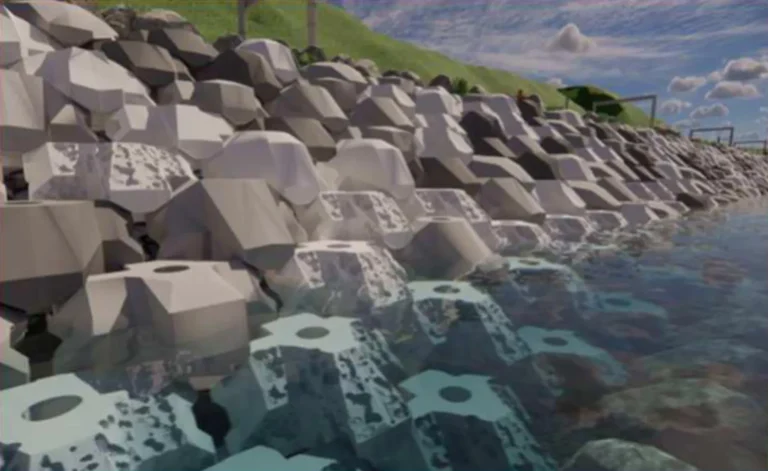
Te Ara Tupua Shared Pathway
A Sustainability Case Study
-
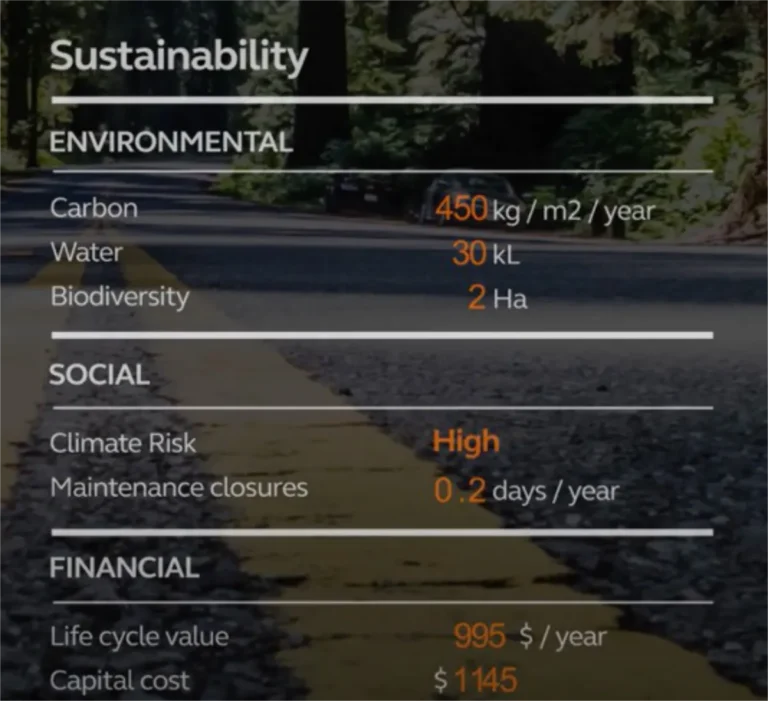
Making Sustainability Considerations Visible and Communicating them to the Client
Major Freeway Construction Project in NSW
-
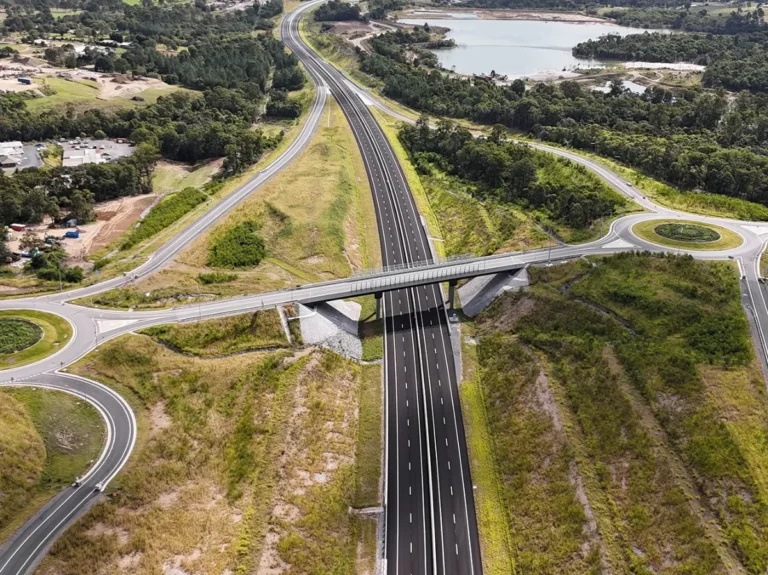
Infrastructure Sustainability Base Case Framework
Guidance Note
-
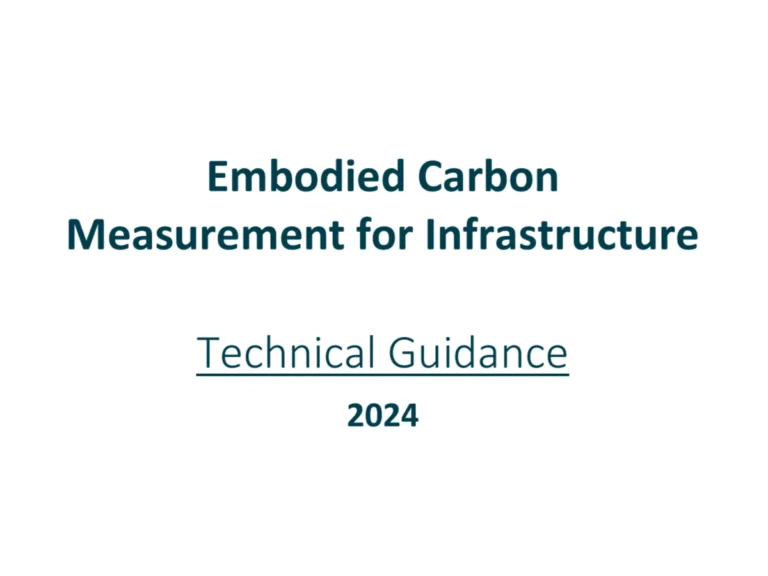
National Embodied Carbon Measurement for Infrastructure Technical Guidance
-
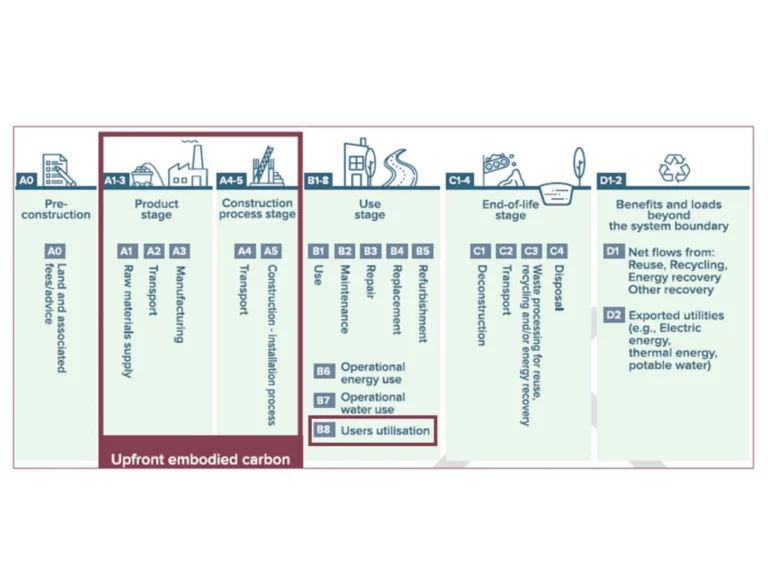
Policy on the application of National Carbon Values
-
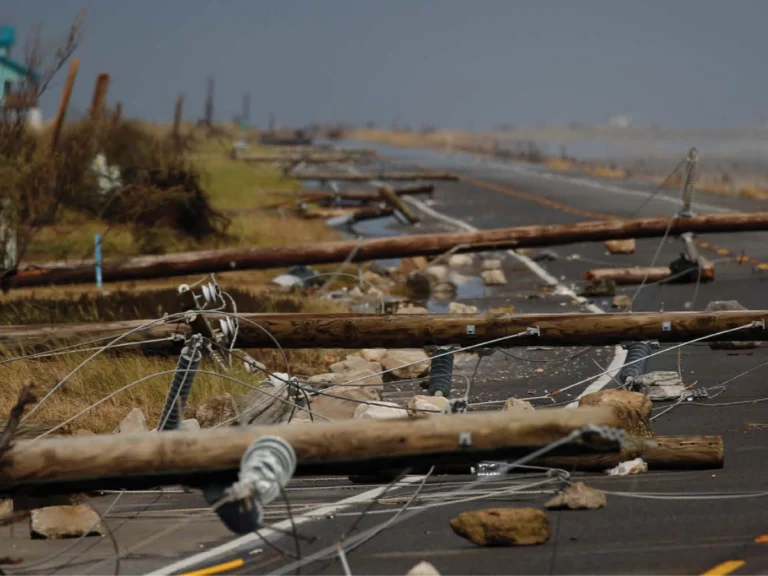
The Preparedness Payoff
The Economic Benefits of Investing in Climate Resilience
-
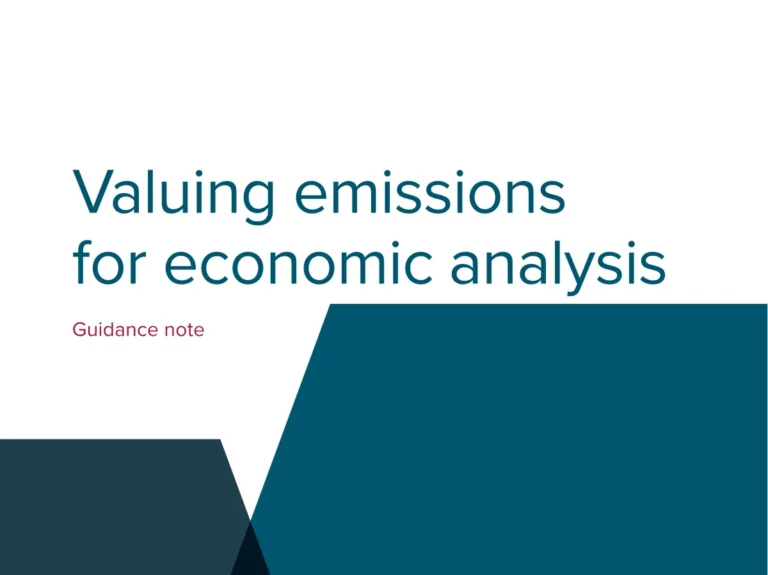
Valuing emissions for economic analysis
-
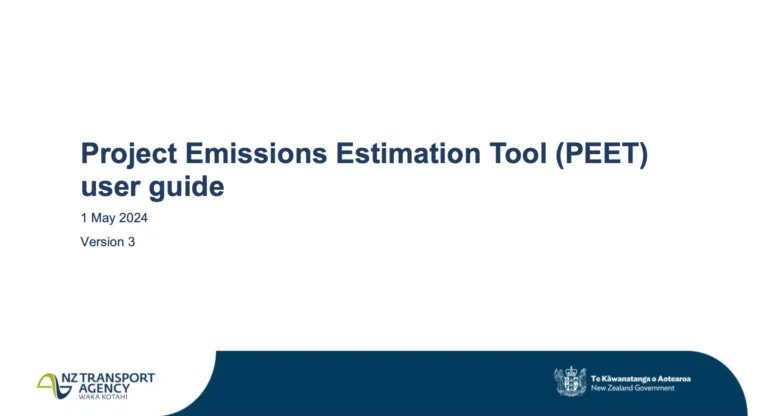
Project emissions estimation tool (PEET)
-
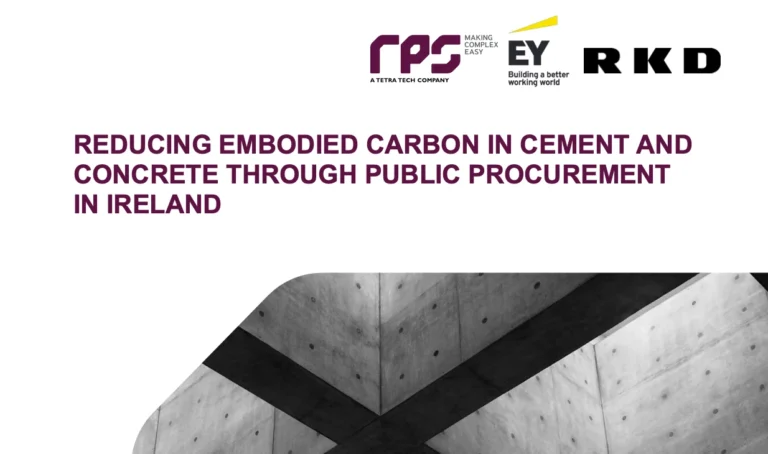
Reducing embodied carbon in cement and concrete through Public Procurement in Ireland
-
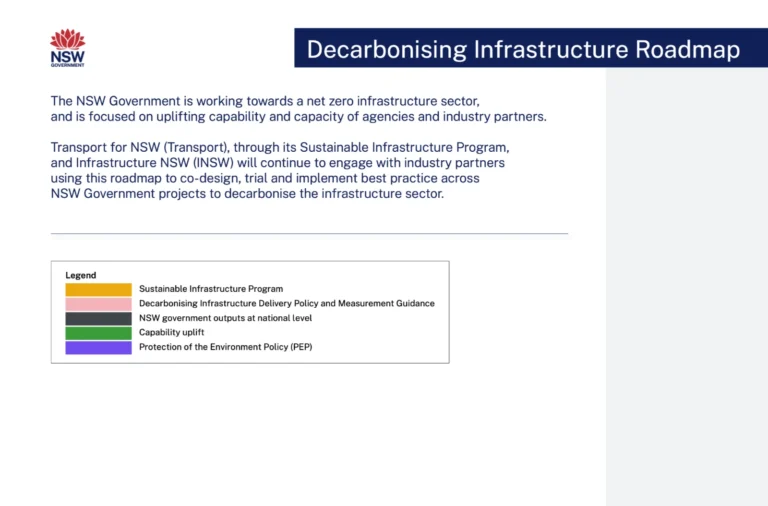
Decarbonising Infrastructure Delivery Roadmap
-
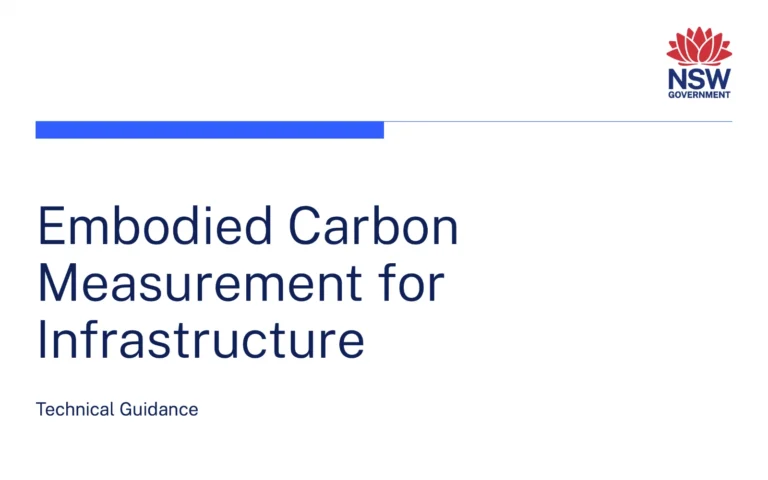
Embodied Carbon Measurement for Infrastructure
Technical Guidance
-
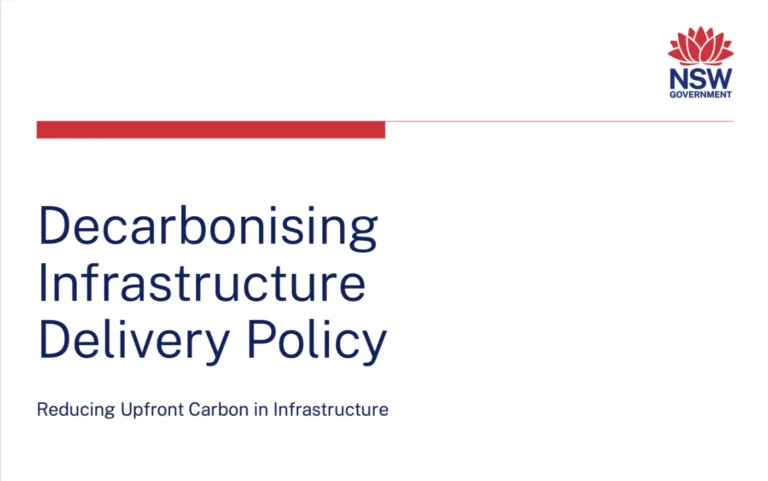
Decarbonising Infrastructure Delivery Policy
Reducing Upfront Carbon in Infrastructure
-
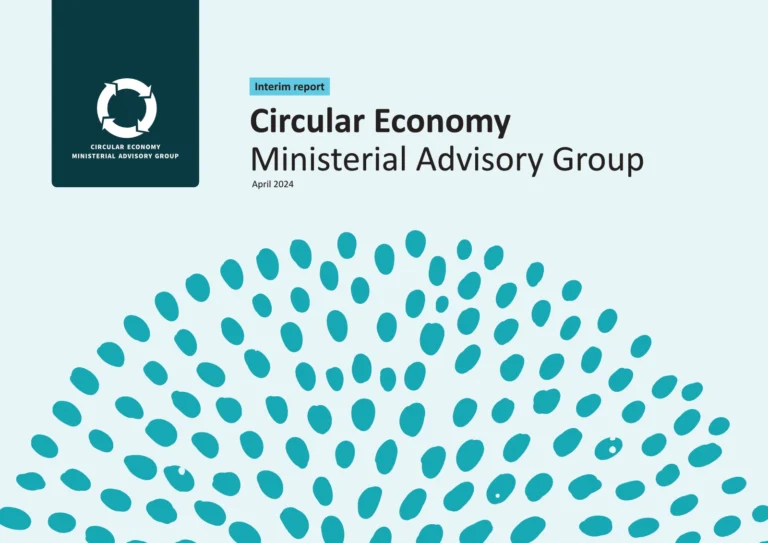
Interim report – Circular Economy Ministerial Advisory Group
-
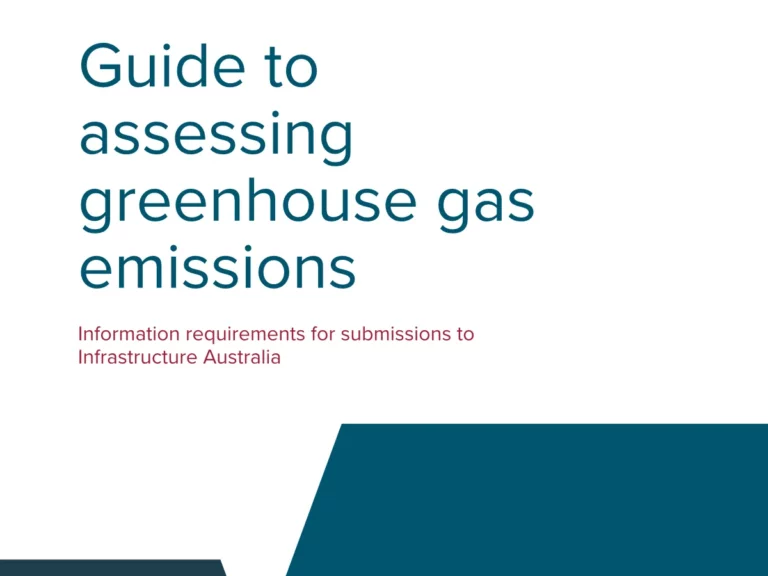
Guide to Assessing Greenhouse Gas Emissions
-

Landscape Map: Concrete
-
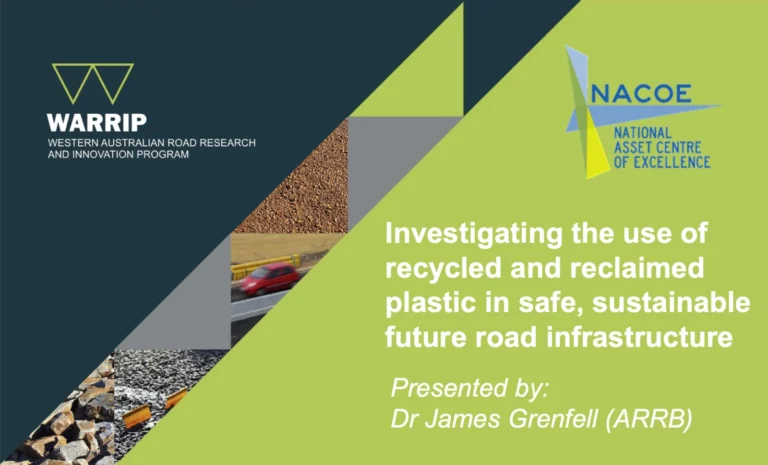
Investigating the use of recycled plastic in safe, sustainable future road infrastructure
-

Recycled Materials Supplier Dashboard
-
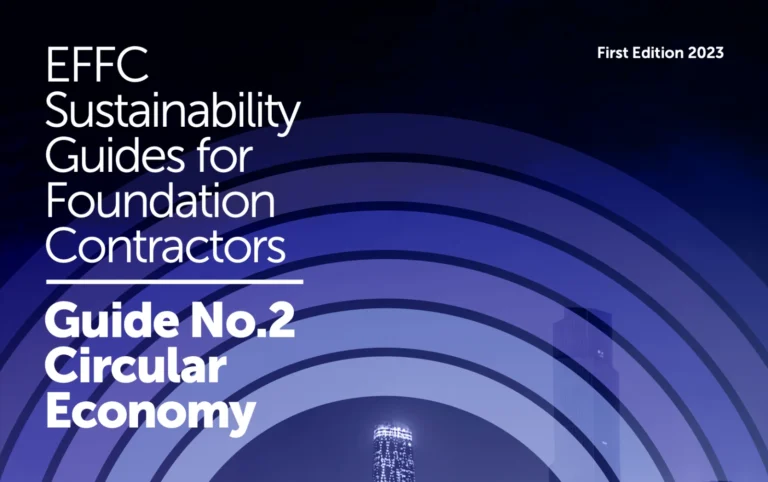
Circular Economy Guide
-

Engineers Australia’s Climate Smart Engineering Initiative (CSEI) Action Plan
-
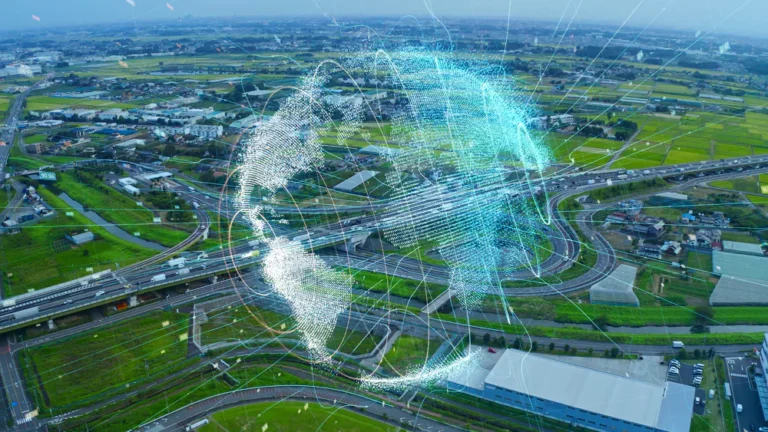
Sustainable Procurement Standard (ISO 20400)
-
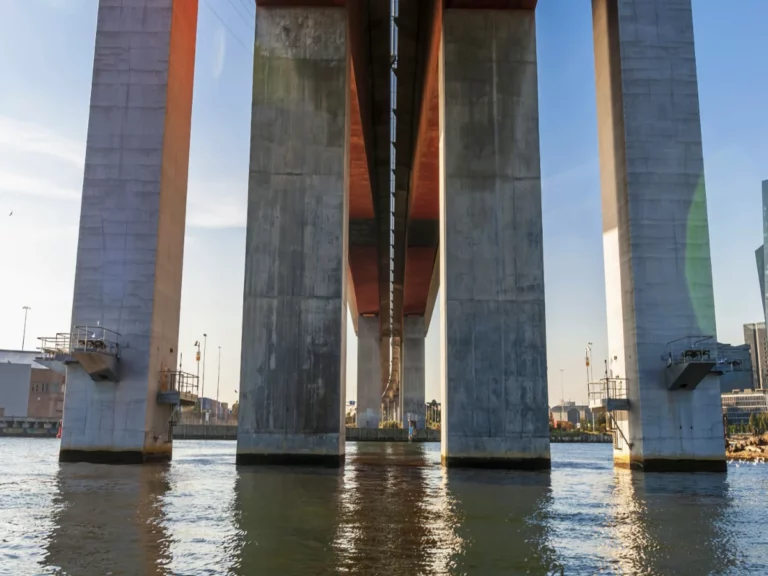
Opportunities to reduce greenhouse gas emissions of infrastructure – Advice to the Victorian Government
-
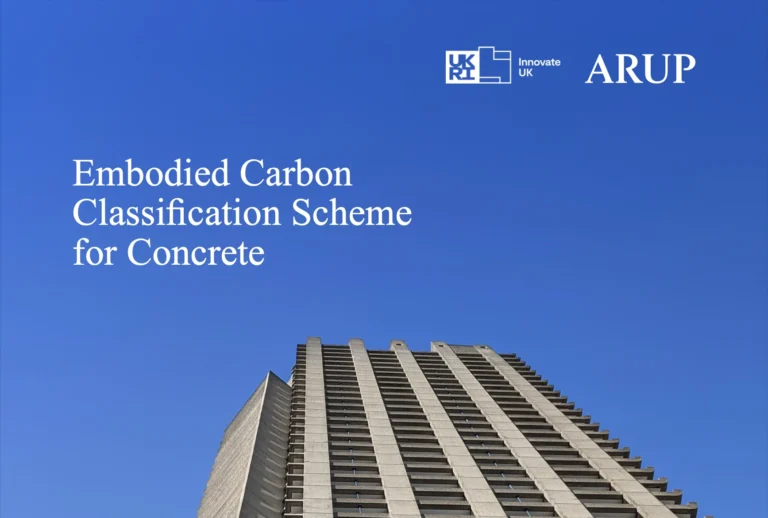
Defining ‘low carbon’ and ‘lower carbon’ concrete
-
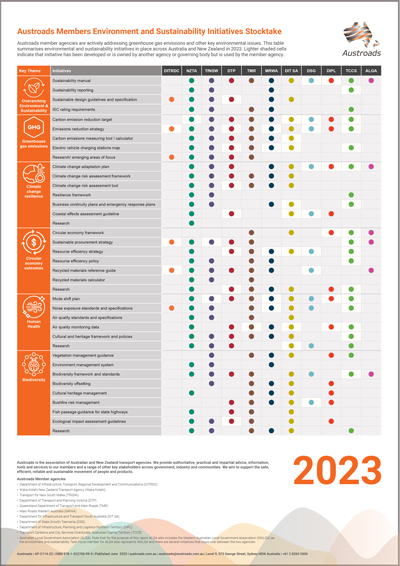
Austroads Members Environment and Sustainability Initiatives Stocktake
-
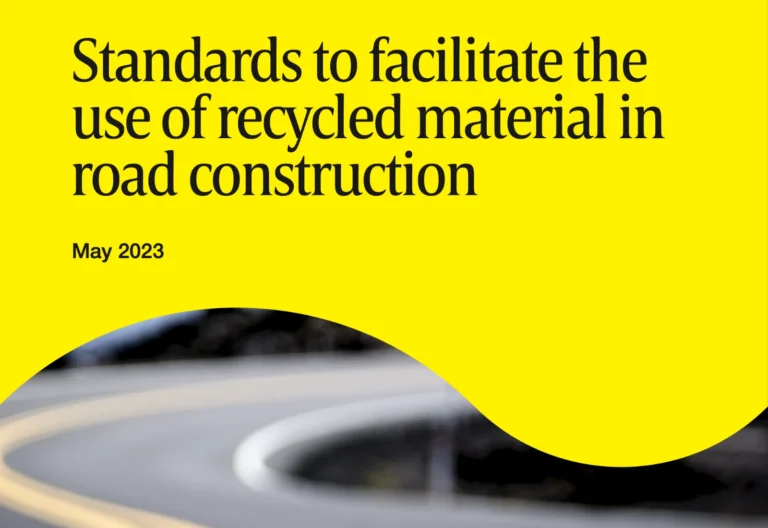
Standards to Facilitate the Use of Recycled Material in Road Construction
-
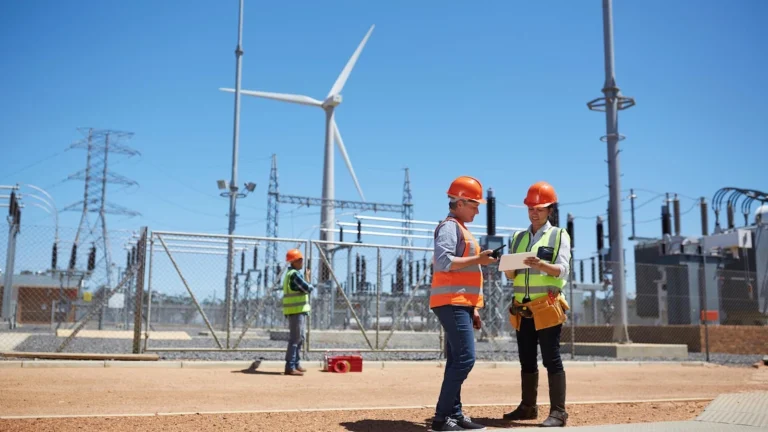
PAS 2080 – Specification for managing building and infrastructure whole of life carbon PAS 2080:2023
-
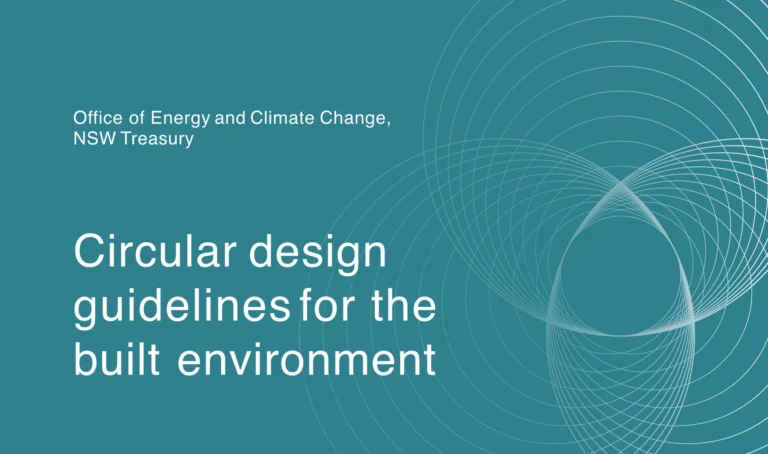
Circular design guidelines for the built environment
Whole-of-life principles for transitioning buildings, precincts and infrastructure to a circular economy
-
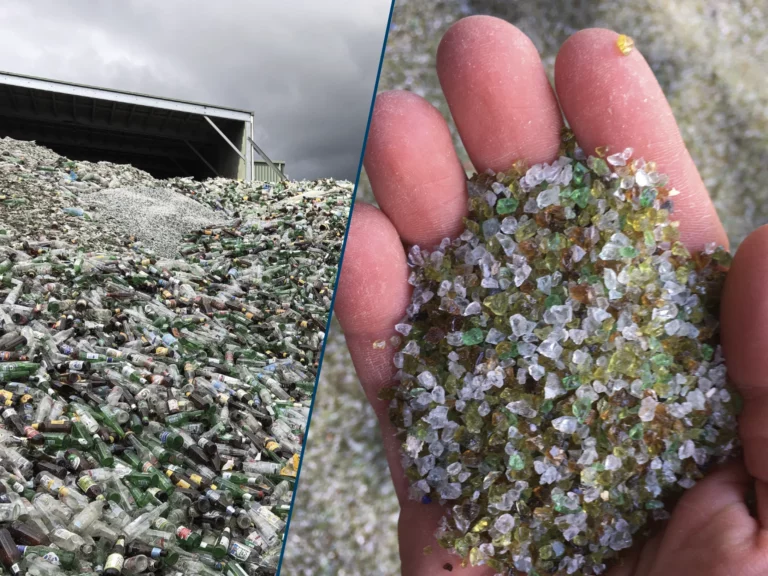
DTMR QLD Waste-2-Resource Strategy
Resource efficiency through circular economy practices to minimise waste generation and maximise resource recovery
-

Roads Australia Procurement Reform Report Update
Momentum for a sustainable transport sector
-
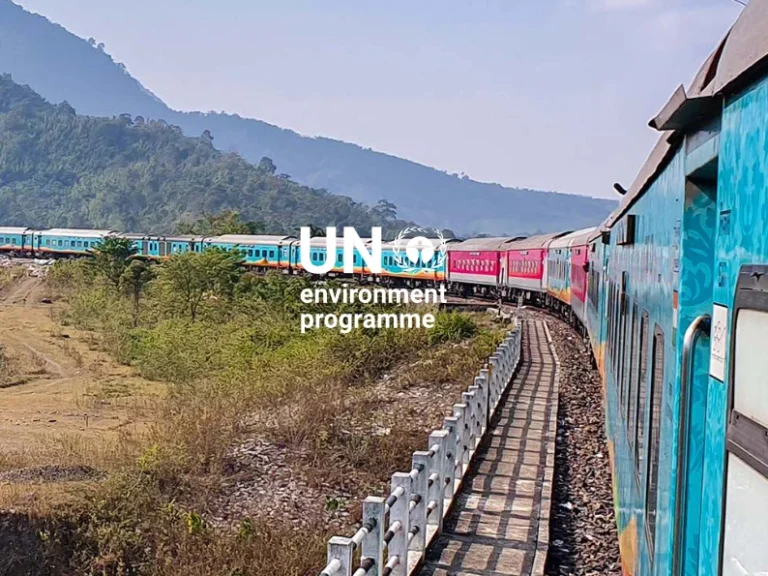
Mapping environmental risks and socio-economic benefits of planned transport infrastructure: a global picture
-
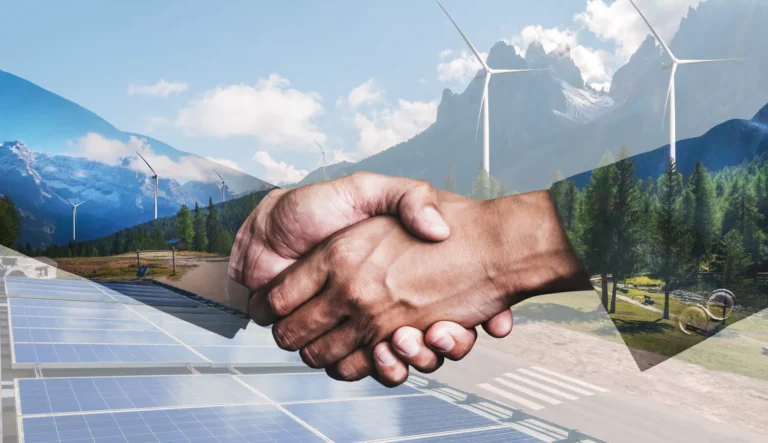
NEC4 contracts
Secondary Option X29 Climate Change
-
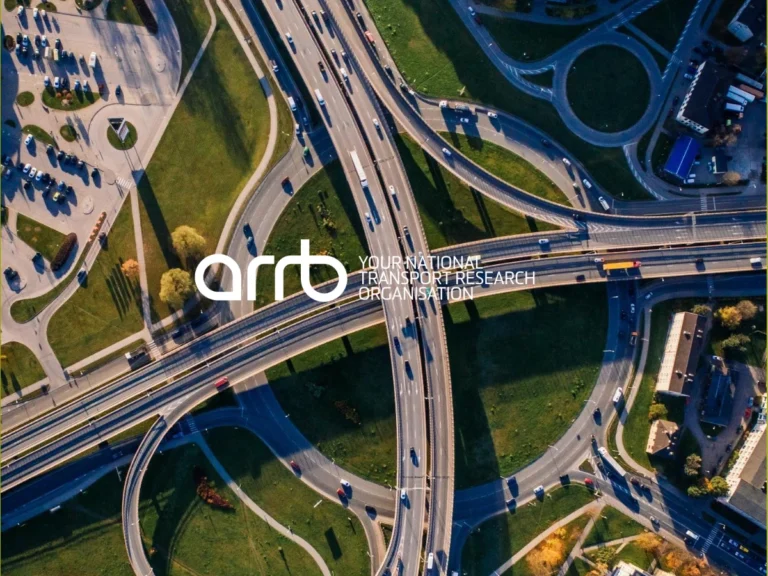
Best Practice Advice on Recycled Material Use in Road and Rail Infrastructure
-
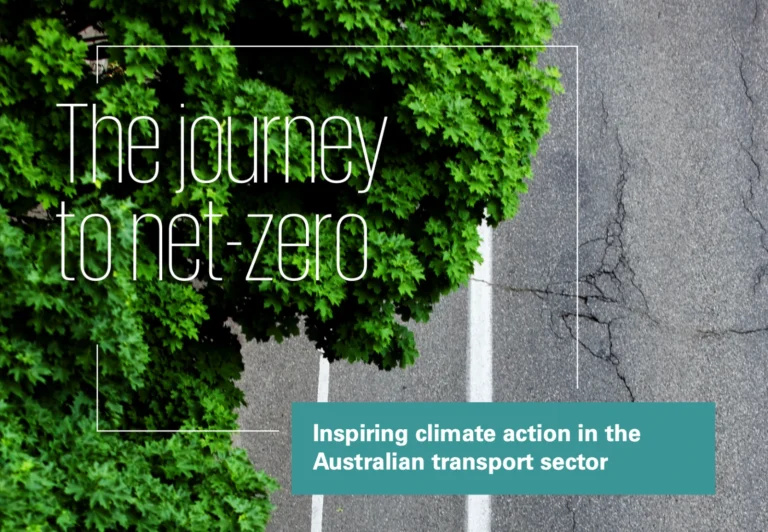
The Journey to Net-Zero
Inspiring climate action in the Australian transport sector
-
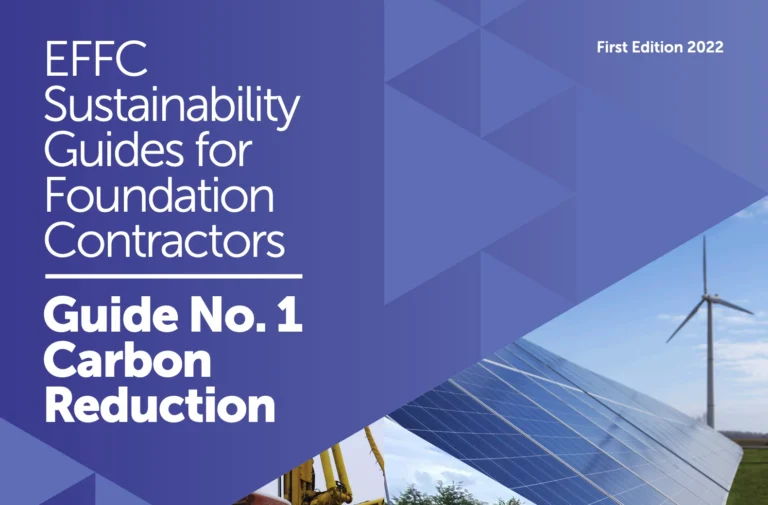
Carbon Reduction Guide for Contractors
-

National Climate Resilience and Adaptation Strategy 2021 – 2025
Positioning Australia to better anticipate, manage and adapt to our changing climate
-
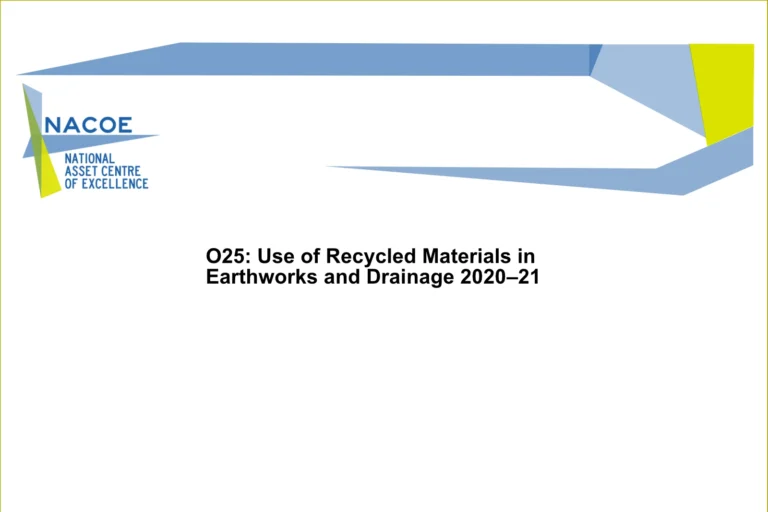
Opportunities to Use of Recycled Materials in Earthworks and Drainage
-
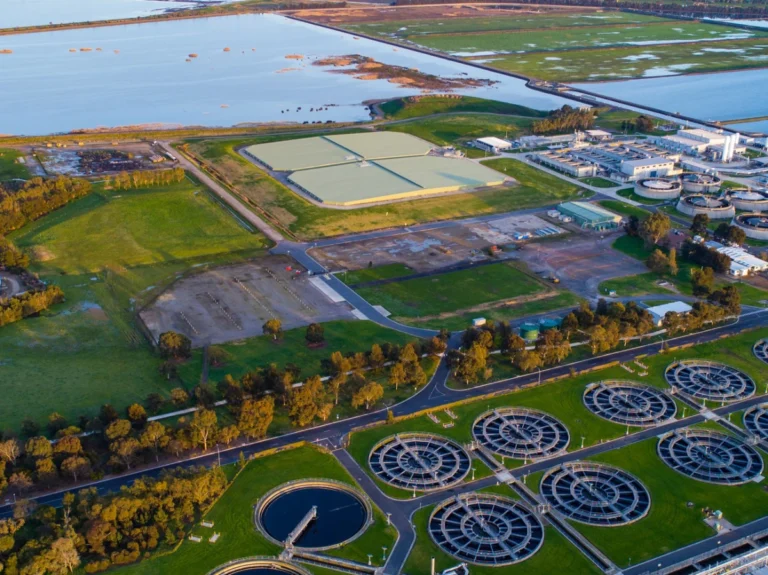
Multi Criteria Analysis for Project Assessment
-
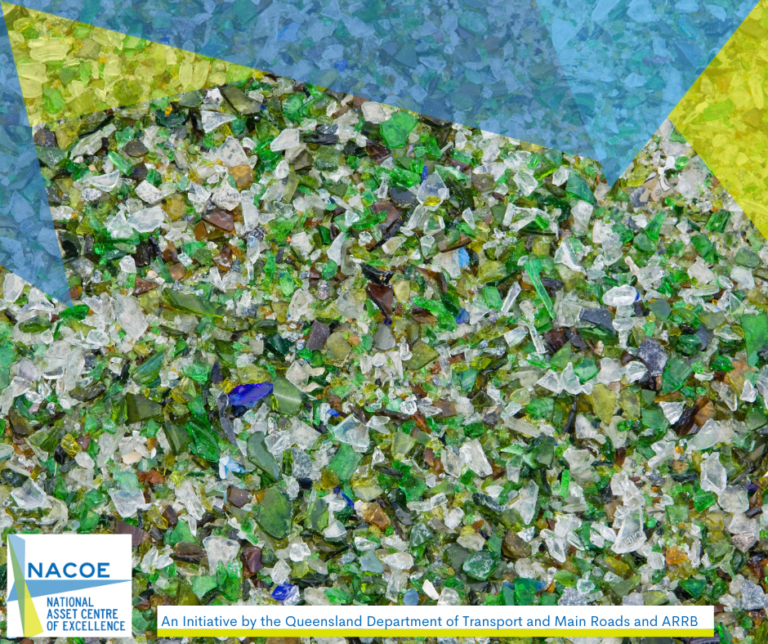
New and Updated Specifications for the Use of Recycled Glass Aggregates
-
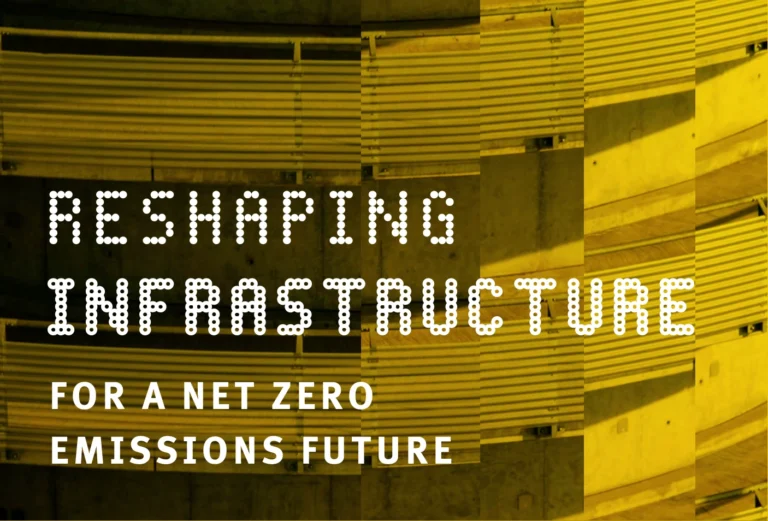
Reshaping Infrastructure for Lower Emissions
-
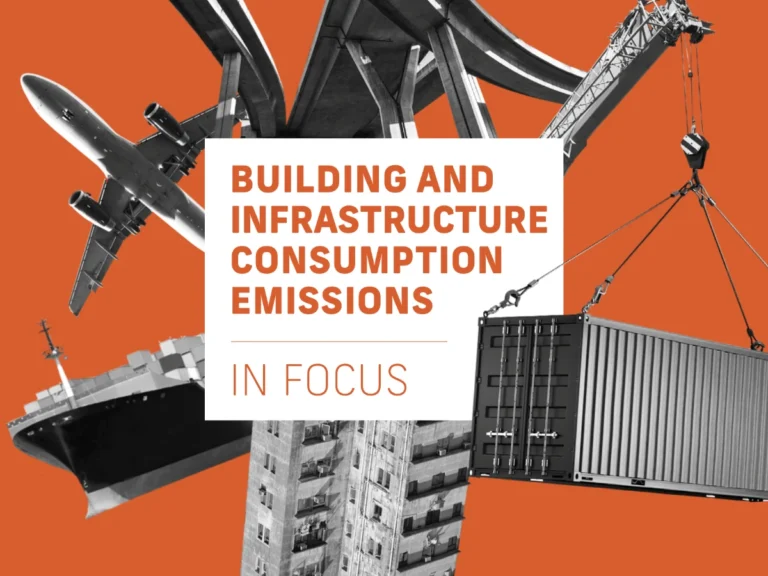
Building and Infrastructure Consumption Emissions C40 Cities